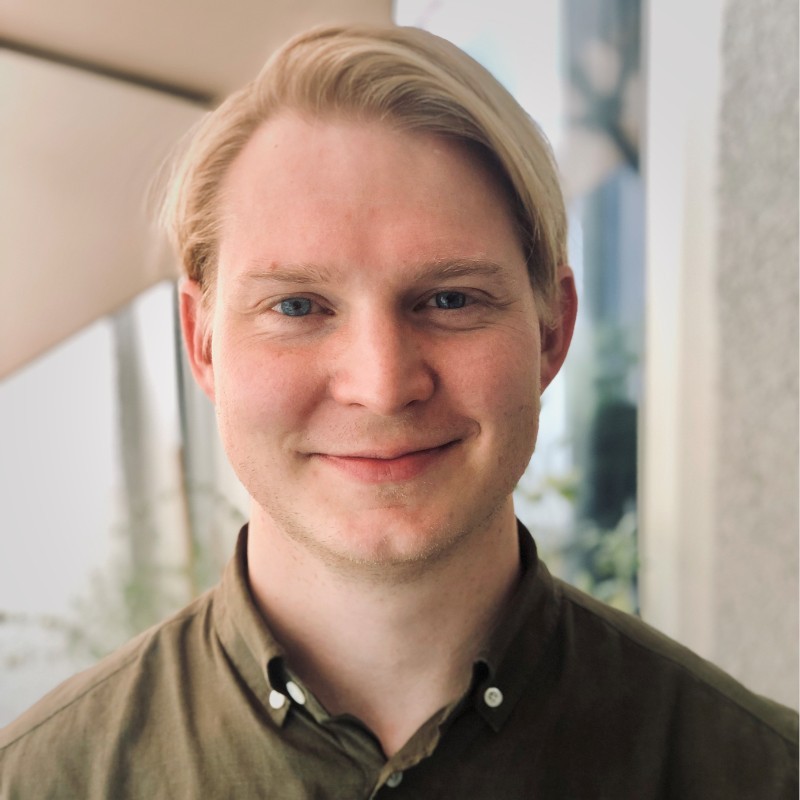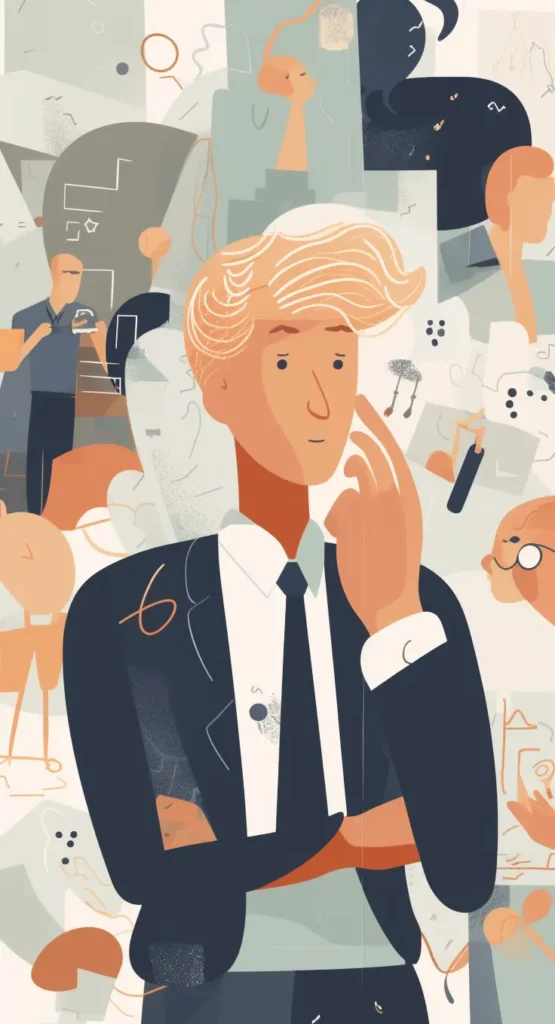HR factory Alumni Series: Sebastian Krammer

Sebastian, how did you originally come to HR?
So a bit by chance actually. My focus during my business studies was on strategy and information, which also includes HR. I then wrote my diploma thesis at the end of my studies in a medium-sized family business about management development.
Basically, I had already been very interested during my studies in the question of how the models of business administration and its basic capitalist idea could be combined with a human-centered perspective. The interaction of system and human simply made me curious. Looking at the history of work environments as well gives one – I think – an important holistic perspective.
At that time, I found my first employer in HR factory. I specialized there in human resources development, especially that of managers, which was incredibly interesting to me. I wanted to know, okay, how does that actually work within a company, how does continuing education actually work within companies?
Did you live out your curiosity then?
Definitely! One of the main reasons for this was that I simply felt comfortable in the safe and very personal environment at HR factory and encouraged to live out my interests and try out my ideas. Personal initiative was always valued, even in my later projects.
In a project with a car manufacturer, for example, I learned from scratch how to set up training sessions, moderate them and get people involved – in other words, how to become a real trainer. In other projects, I was able to move more in the strategic direction, doing process management, process analysis, and project management. In this sense, I have developed more into a consultant over time, which also characterizes my current position at a private equity company, where I have management responsibility.

Did you envision your career turning out the way it ultimately did?
Good question. I don’t think I had any particularly concrete ideas at all, but relied more on my basic strengths. I tend to go with the “flow”, be curious, try things and leave them again if I don’t like them.
What was important for me was that I learned early on at HR factory to acquire new knowledge quickly, to get involved with different teams and to deliver good results together with everyone, even when the mood is not good. With this approach, things in my career have sort of worked themselves out. But that doesn’t mean that everything was always easy.
What challenges have you had to deal with in the course of your career?
One challenge, as just indicated, is to perform even in difficult times while not losing sight of the human needs in the team. In addition, in some projects it was already very challenging to keep up with the rapidly changing dynamics at the necessary pace and also to be able to deal with difficult customers or changing customer requirements.
Fortunately, I was already able to experience such situations in a somewhat weaker form at HR factory and adjust to them. In my current management responsibility in a private equity company, there is already a lot of pressure at times. You have to be able to deal with that.

How do you personally deal with pressure and disappointment?
In the end, I had to understand that work is only part of life. It’s not necessarily just about work-life balance, but that you sometimes really pull yourself up on individual projects and put your heart and soul into them. In the end, though, you get paid to perform a certain way. If success does not materialize or a project does not go as hoped, then this does not always have something to do with one’s own performance, but with the system and the decisions that are made in the company and at the customer.
You understand, okay, sometimes a company just has to cut costs and then all the trainings are cancelled for this year. Someone sitting in Learning and Development’s heart bleeds then. I have only managed to understand such decisions in the course of my career.